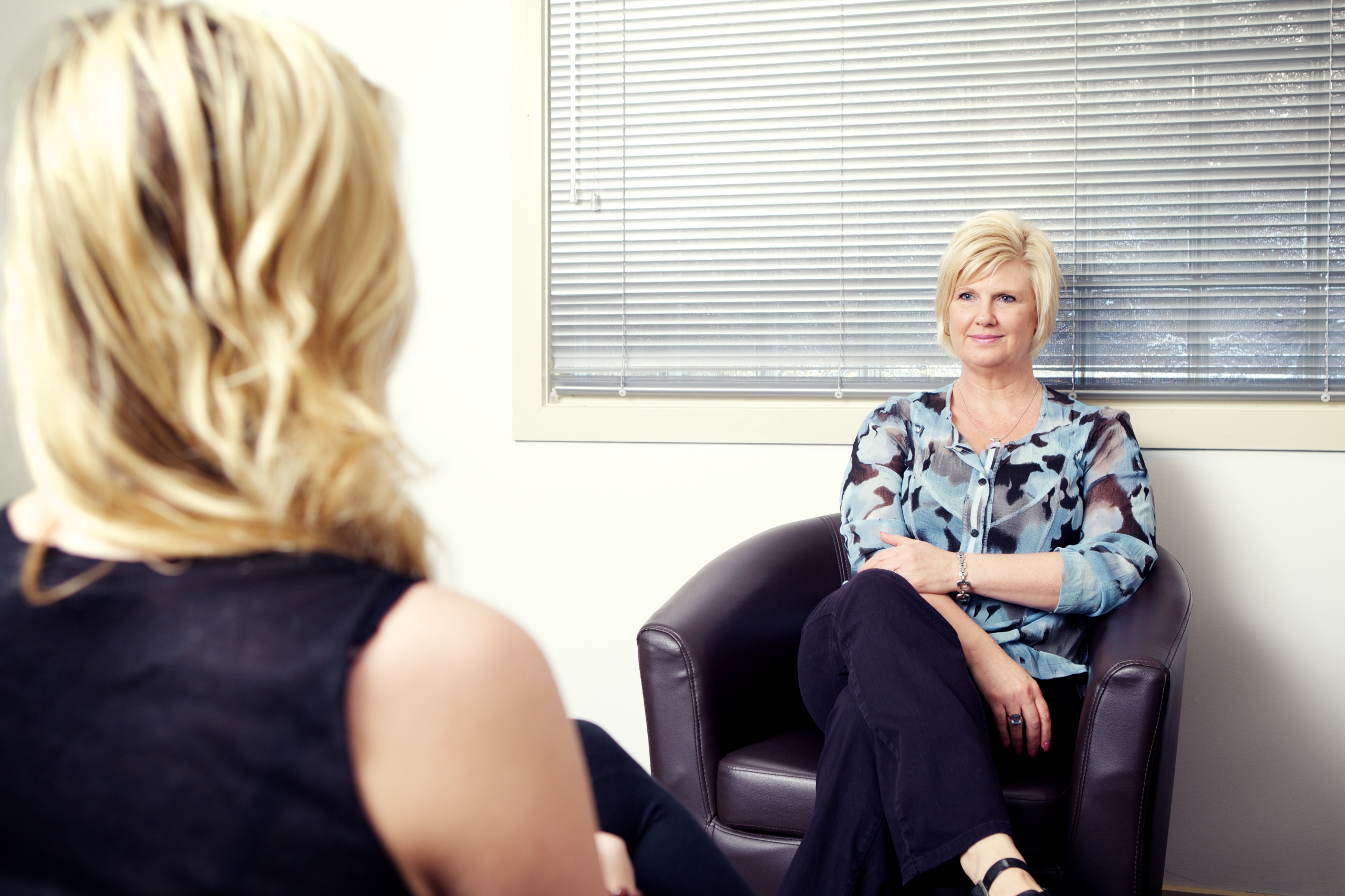Trauma / PTSD
Post-Traumatic Stress Disorder (PTSD) is an anxiety disorder that some people can develop after being exposed or living through a dangerous or life threatening event. Studies show that PTSD is caused by the intense negative feelings of fear, helplessness or horror through either witnessing or experiencing a traumatic situation such as:
- Childhood physical, emotional or sexual abuse
- Adults who experience or witness physical assault, sexual assault, drug addiction or medical complications
- Emergency service workers who are exposed to disasters and war veterans who have been involved war.
- Receiving a diagnosis of a life-threatening illness
PTSD can affect anyone, however not everyone with PTSD has been through a dangerous event. Some people develop PTSD from the sudden death of a loved one or if a family member is harmed or experiences a dangerous situation.
Symptoms of PTSD:
People with PTSD can experience many symptoms. These symptoms can be classified into three categories:
1. Re-experiencing symptoms:
- Flashbacks (relieving the trauma over and over again)
- Words, objects, situations or reminders of the event that can trigger a flashback
- Physical symptoms such as sweating, heart racing, trembling or nausea.
- Nightmares and frightening thoughts.
These symptoms can interfere or cause problems with daily functioning or activities.
2. Avoidance Symptoms:
- Avoiding places or events that remind the person of the traumatic event
- Feeling emotionally numb, guilt, depression or excessive worrying
- Loss of interest in activities that were previously enjoyable
- Experiencing difficulties in remembering parts or details of the traumatic event
3. Hyper-arousal Symptoms:
- Being easily startled
- Feeling “on edge” or tense
- Feeling irritable or having angry outbursts
- Change in sleeping patterns (difficulties falling asleep, unable to return to sleep)
These symptoms can occur constantly, making the person feel stressed and angry. These symptoms can also impact on daily tasks and interfere with sleep patterns, eating and concentration.
Treatment
The treatment for PTSD is psychological therapy, medication or both. It is important for anyone with PTSD to be treated by an experienced mental health care provider. Each individual is different and it is very important for the person to find the right type of treatment that works for their particular symptoms. At Coastal Natural Therapies our psychologists are trained and experienced in working with PTSD and Trauma.


